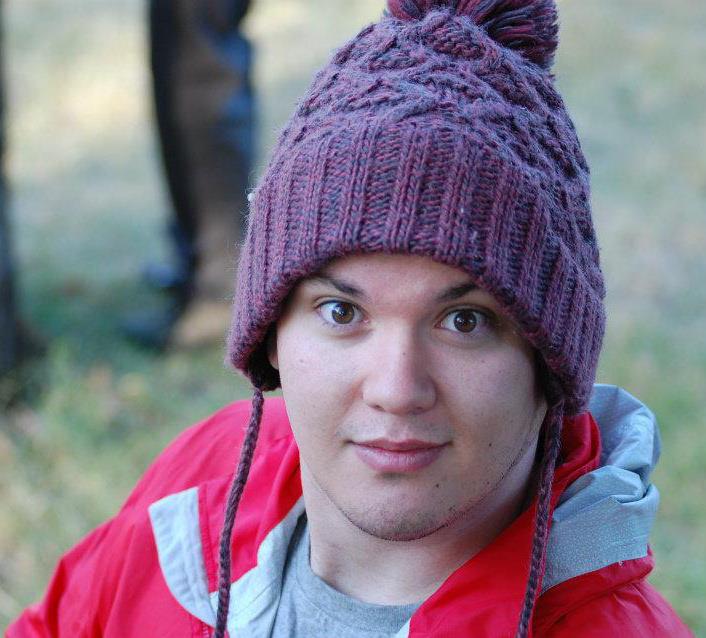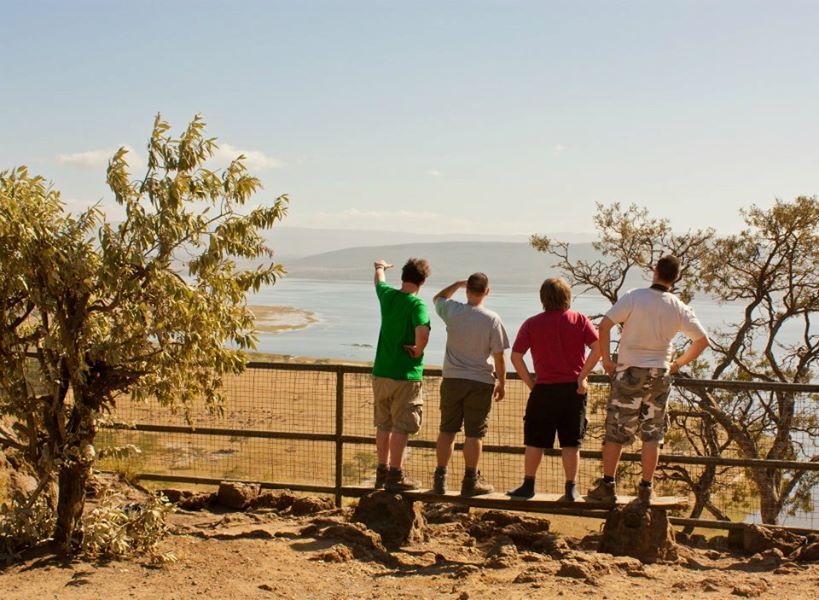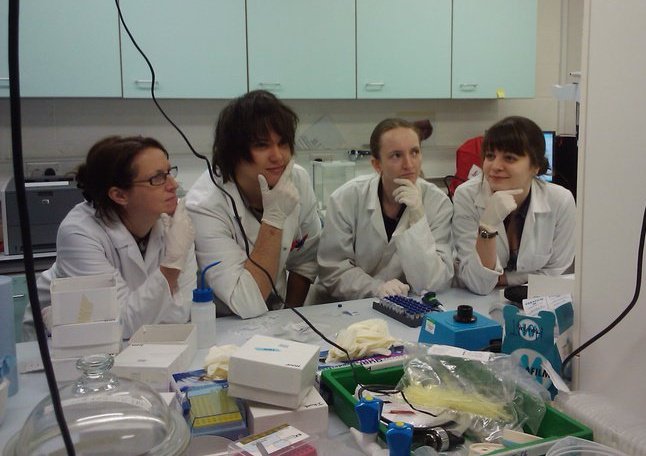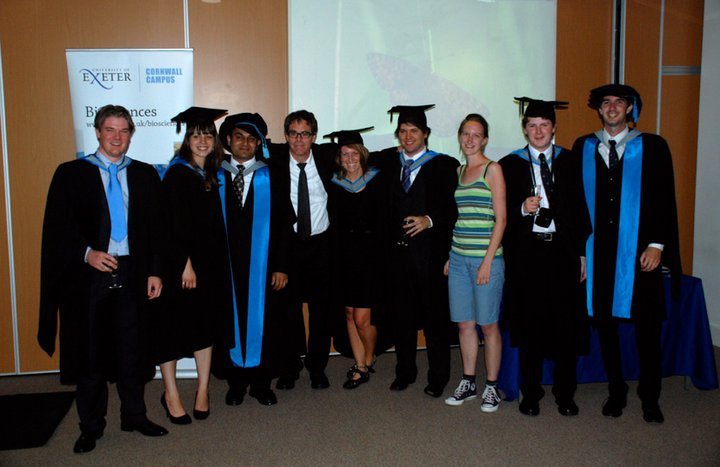We are looking back on some of our MSc graduates who have excelled in scientific research, ecology and conservation around the world since studying with us.
Today we meet Michael who graduated from MSc Evolutionary & Behavioural Ecology in 2012. Michael is now a Principal Statistical Methodologist for the Office for National Statistics.
Hi Michael, It’s been almost a decade since you studied with us, why don’t you tell us a bit about your career in that time that led you to where you are now?

After my MSc I completed a PhD in Evolutionary Genetics at the Penryn campus. It was a 4-year Doctoral Training Partnership and I actually got to spend 6 months at the Streatham campus, too. After my PhD I joined the Office for National Statistics as a Data Scientist and a few years in I’m now a Principal Statistical Methodologist. In my current role I lead methodological research that contributes to the production of ONS population statistics.
We are glad you stayed with us following your MSc, what made you choose to study all three of your degrees with us at the University of Exeter Cornwall Campus?
Living and studying in Cornwall was a fantastic experience. The campus is surrounded by coastline and countryside and is an absolute joy for anyone who enjoys the outdoors. Penryn offers a unique opportunity to study on a campus small enough maintain a community atmosphere while having the resources and expertise of a massive world-class institution, all while being situated in one of the most beautiful places in the country.
The Centre for Ecology and Conservation is one of the best evolutionary and ecology research centres in the world. Given the range of research being conducted in Penryn I was easily able to find academics working in fields that interested me. As well as being in a fantastic location, the ratio of students to academics in Penryn makes it much easier to get face time with your lecturers than at larger institutions.

We’re pleased you love living and working in Cornwall as much as we do! What did you enjoy most about your MSc?
The highlight of my MSc was definitely the Kenya field trip. Kenya was a once-in-a-lifetime trip touring biodiverse regions of the country and learning ecology and evolution in the field. A particular highlight was the Lake Naivasha boat safari – being chased by an underwater hippopotamus certainly isn’t an experience you get on most MSc courses.
How do you think the MSc helped to prepare you for your career?
The quantitative biology module taught advanced statistical modelling for ecology and evolution and these skills have been invaluable to me as I progressed into a career as a data scientist and statistician. The course was taught by experts in statistical modelling and covered theory right through to practical application. It’s fair to say that without this module my career would look very different today. I’m pleased (and slightly jealous!) to see that the Penryn campus has continued to grow and now offers dedicated MSc courses in applied data science.

Why did you choose your career path and what do you find most fascinating about it?
The two things I always found most gratifying about scientific research were statistically analysing data and contributing in some way to the public good. An academic career isn’t for everyone, and when I decided to hang up my lab coat after my PhD it seemed a data science career in the public sector was a natural fit. Ultimately this is one of the strengths of the biosciences MSc courses at Penryn – while their primary focus is biology, they equip their students with a variety of general and technical skills that open the door to a range of careers.
Do you have any advice for those looking to pursue something similar?
Get stuck in analysing real data early and often! Take as many online courses on topics like Python, R, statistical modelling, machine learning, and principles of software development as you can; have a go at things like Kaggle competitions; and do a postgraduate degree in something with a strong statistical or data science component. If you’re coming from a biological background something like the MSc Applied Data Science (Ecology and Evolution) at the Penryn campus might be perfect for you.
Finally, do you have any plans for the future?
I find my job exciting and challenging, and the work of the ONS is vital to government policy on matters ranging from the national economy and public health right down to local service provision. I’ve got no plans to change things up for the foreseeable future!

Thank you Michael!
If you want to read more profiles from MSc Evolutionary & Behavioural Ecology graduates follow this link or explore our Graduate in Focus homepage to learn more about the degree programmes we have on offer!

